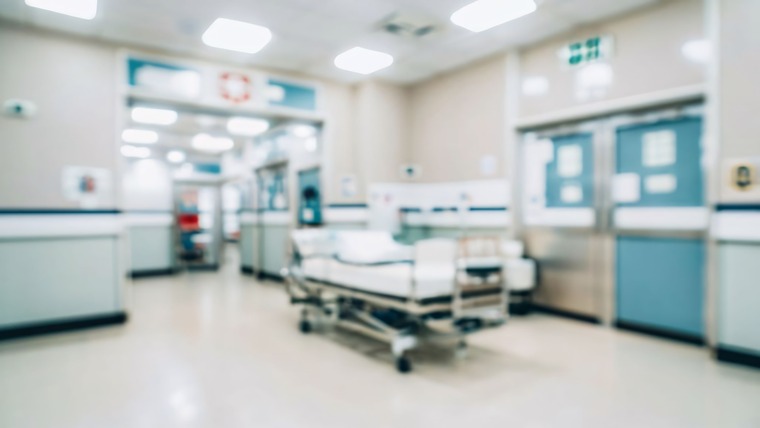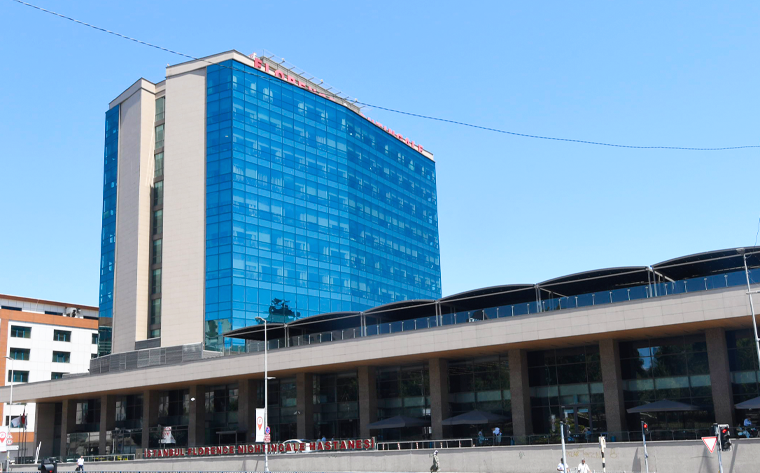
When and How to Contact the Emergency Department?
Emergency departments are critical healthcare units designed for life-threatening situations. The correct and effective use of these departments is of great importance for both the health of patients and the efficiency of the healthcare system.
Proper and timely referral to emergency departments is of great importance for both patient health and the effective functioning of the healthcare system. When you encounter an emergency, it is important to go to the nearest emergency department or call the 112 Emergency Call Center without hesitation.
About the Emergency Department
Emergency departments are units of hospitals that provide 24-hour service and treat sudden and serious health problems. Emergency services provide fast and effective solutions to sudden health problems by providing 24-hour uninterrupted service. In this department, trauma, sudden illness attacks and other emergencies are managed by professional health teams.
The World Health Organization (WHO) states that emergency services are a critical component of healthcare systems and save millions of lives each year. Emergency services are of vital importance, especially since sudden situations such as traffic accidents, heart attacks and strokes require immediate intervention.
What Diseases Are Treated in the Emergency Department?
The emergency department treats a wide range of illnesses and injuries. These illnesses and conditions include:
- Heart attack: Due to blockage of coronary arteries It is a serious condition that occurs when there is insufficient blood flow to the heart muscle. It manifests itself with symptoms such as chest pain, shortness of breath, sweating and nausea.
- Stroke: A condition that occurs when blood flow to the brain is suddenly cut off and requires urgent intervention. Symptoms include speech impairment, facial asymmetry, and weakness in the arms and legs.
- Traffic accidents and traumas: Various injuries may include fractures, internal bleeding and brain damage. Requires rapid assessment and intervention.
- Severe allergic reactions: Also known as anaphylaxis, these are extreme allergic reactions that make it difficult to breathe and can be life-threatening.
- Acute asthma attacks: These are serious asthma attacks that occur as a result of narrowing of the airways and are manifested by shortness of breath and wheezing.
- Severe abdominal pain: This may indicate conditions that may require emergency surgery, such as appendicitis, intestinal obstruction, intestinal perforation, gallbladder inflammation, or pancreatitis.
- Bleeding: Bleeding can be internal or external. It can be due to various causes such as trauma, bleeding from a stomach ulcer or postpartum bleeding.
- Poisonings: Situations that require rapid intervention due to drug overdose, exposure to chemicals, or accidental ingestion of toxic substances.
- Burns: Skin damage that can be caused by fire, hot liquids, chemicals or electricity and is evaluated according to its depth and width.
How to Apply to the Emergency Department?
To contact the emergency department, you can follow the steps below:
- Situation assessment: The person should assess whether there is a situation that requires urgent intervention. Symptoms such as severe pain, loss of consciousness, and shortness of breath require urgent intervention.
- Applying by ambulance: In life-threatening situations, an ambulance should be requested by calling the 112 Emergency Call Center. Ambulance teams quickly arrive at the scene, perform the necessary first aid, and take the patient to the nearest emergency room.
- Individual application: Suitable for patients who can go to the emergency room with their own means.
When Should You Go to the Emergency Department?
In cases where immediate intervention may lead to serious losses, the nearest emergency room should be contacted without delay.
The following situations are examples of this:- Chest pain or shortness of breath
- Sudden and severe headache
- Uncontrollable bleeding
- Severe burns
- Suspicion of fracture or dislocation
- Poisoning
- Severe allergic reactions
- Coughing up blood or vomiting blood
- Sudden shortness of breath
Additionally, it is vital that a person with symptoms of a stroke (sudden slurred speech, sudden weakness in an arm or leg, numbness) seek emergency care as soon as possible.
Is the Emergency Room Open All the Time?
Emergency departments provide uninterrupted service 24/7. This ensures that patients can receive care whenever they need it. It is necessary for emergency services to be open at all times so that rapid intervention can be made in emergencies. Emergency services can be used in any emergency, day or night.
According to the 2021 data of the Ministry of Health, 35% of emergency service applications in Türkiye occur outside working hours. This statistic clearly demonstrates the need for emergency services to provide 24-hour service.












